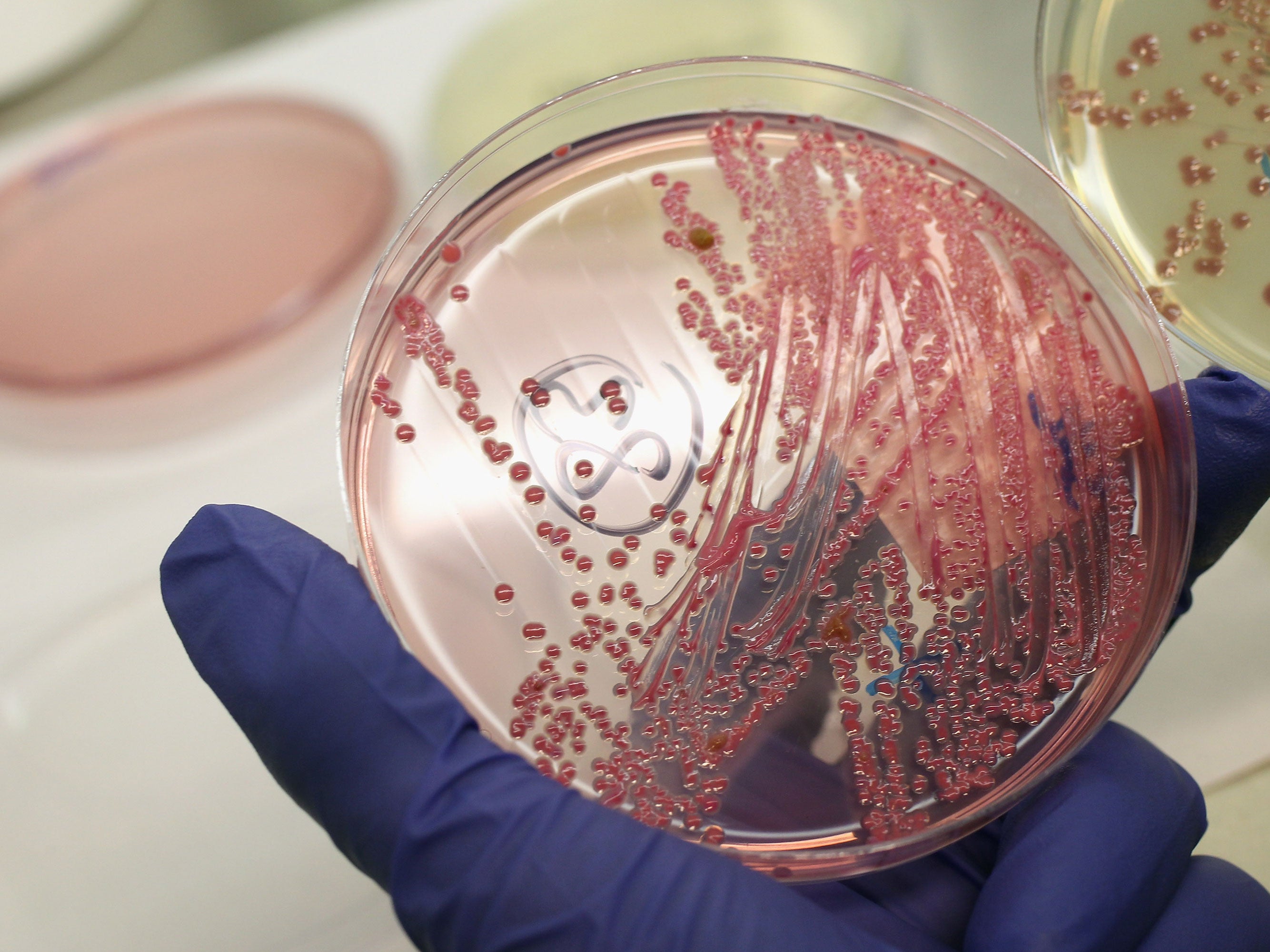Researchers find new 'flesh eating' bacteria strain could be spreading worldwide
The new strain of group A streptococcus could be more likely to cause severe internal infections

Your support helps us to tell the story
From reproductive rights to climate change to Big Tech, The Independent is on the ground when the story is developing. Whether it's investigating the financials of Elon Musk's pro-Trump PAC or producing our latest documentary, 'The A Word', which shines a light on the American women fighting for reproductive rights, we know how important it is to parse out the facts from the messaging.
At such a critical moment in US history, we need reporters on the ground. Your donation allows us to keep sending journalists to speak to both sides of the story.
The Independent is trusted by Americans across the entire political spectrum. And unlike many other quality news outlets, we choose not to lock Americans out of our reporting and analysis with paywalls. We believe quality journalism should be available to everyone, paid for by those who can afford it.
Your support makes all the difference.Scientists have warned that a new strain of a 'flesh-eating' bug is spreading globally, and has contributed to a rise in disease cases in the UK.
The group A streptococcus bacteria typically causes relatively minor infections, such as tonsilitis, and is treated readily with antibiotics.
However, in severe cases of invasive infection, the bacteria can cause necrotising fasciitis - a condition which destroys and eats away at body tissue, and causes pneumonia and blood poisoning.
Scientists investigating the bacteria realised there had been a rise in group A streptococcus infections over an 11-year period between 1998 and 2009 that were linked to the new, more potent sub-type, named emm89.
Scientists in Japan, Canada, France and Sweden have also reported a surge in infections linked to this new strain - suggesting that it is spreading globally.
The new strain produces more toxin than other types, but is also unique in having apparently shed its outer capsule, which could make it more likely to cause serious invasive infections.
Dr Claire Turner, from the Imperial College team, said that it was previously thought that the outer capsule was essential to cause invasive disease.
However, Dr Turner added that the lack of capsule may help the bacteria infect sufferers.
"We know that without capsule, they stick better to surfaces, so that may help them to transmit more easily", she said.
"Another possibility is that they can more easily get inside human cells, which makes them harder to treat.
Professor Shiranee Sriskandan, from Imperial College London, believes that more research is needed into how to prevent the spread of this new strain.
She said: "We know very little about how group A streptococcus is transmitted from person to person. We need to look into this more deeply and think about better ways to prevent transmission.
"Luckily, the new variant remains exquisitely sensitive to penicillin and related antibiotics. But we also need to think about whether our treatment strategies are as good as they can be."
Join our commenting forum
Join thought-provoking conversations, follow other Independent readers and see their replies
Comments